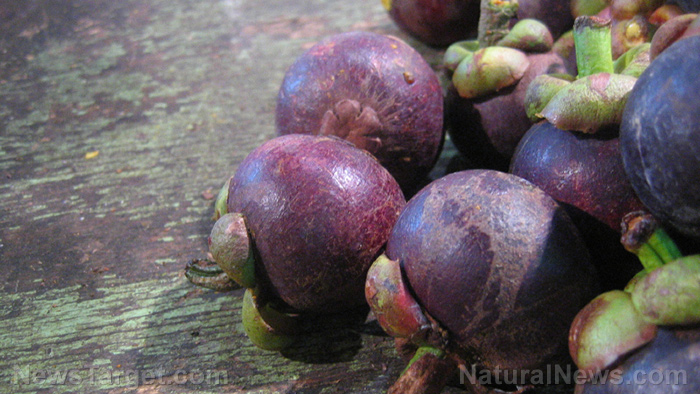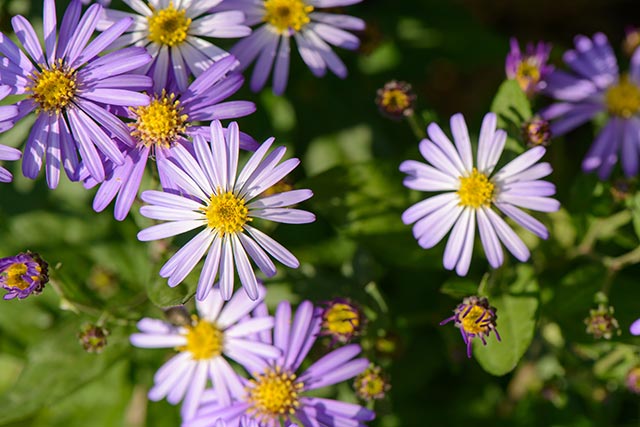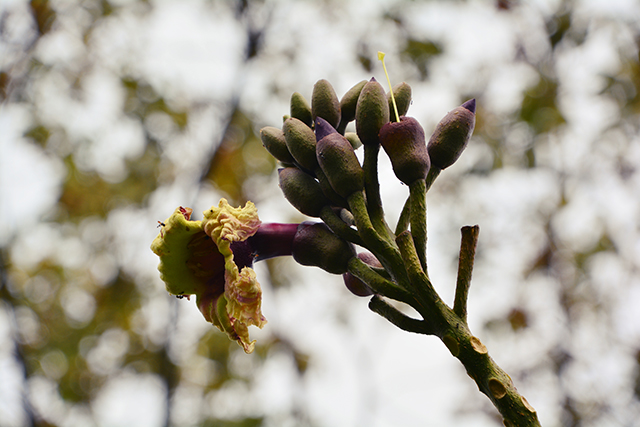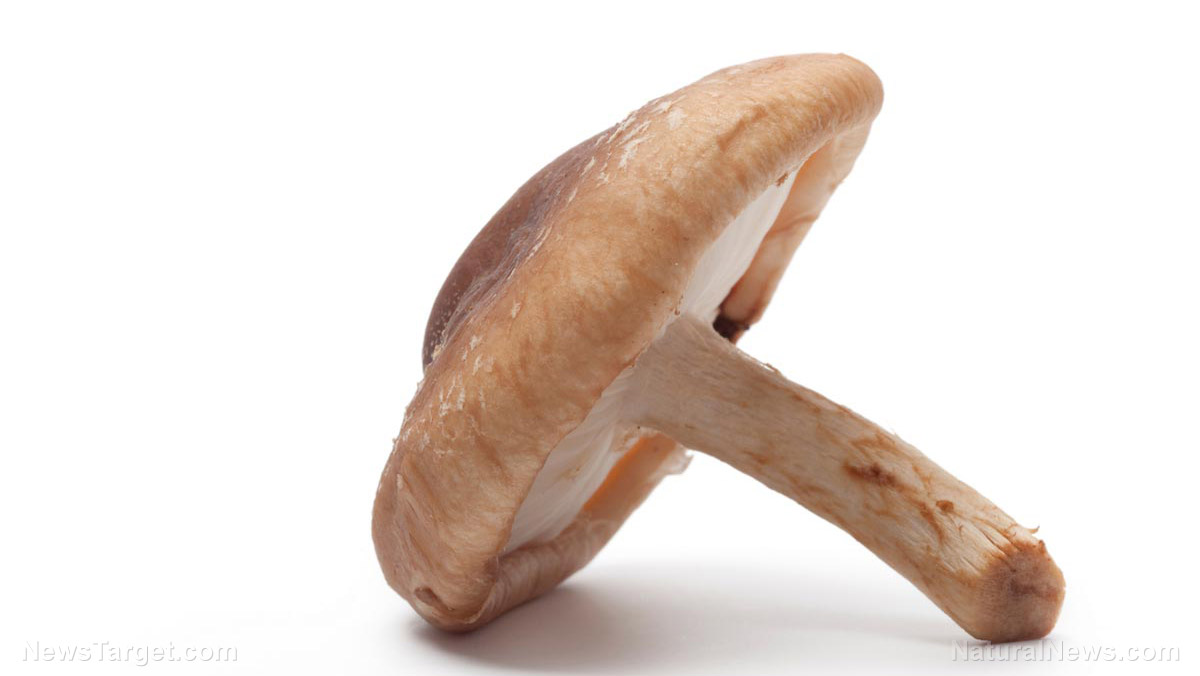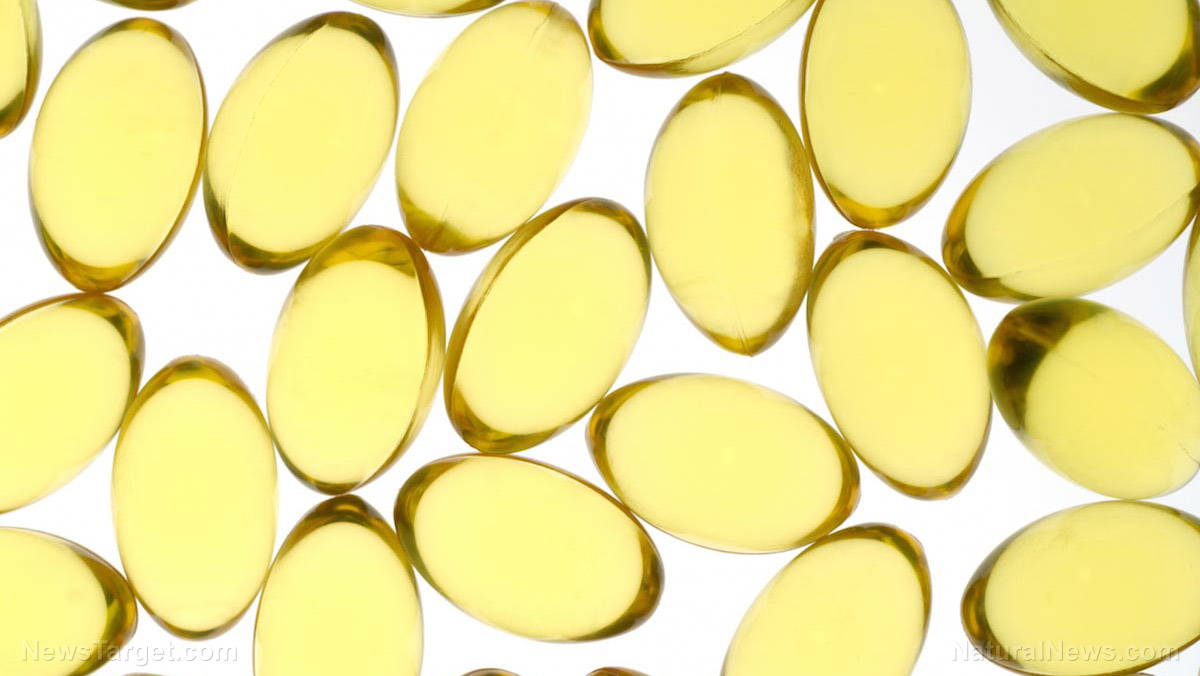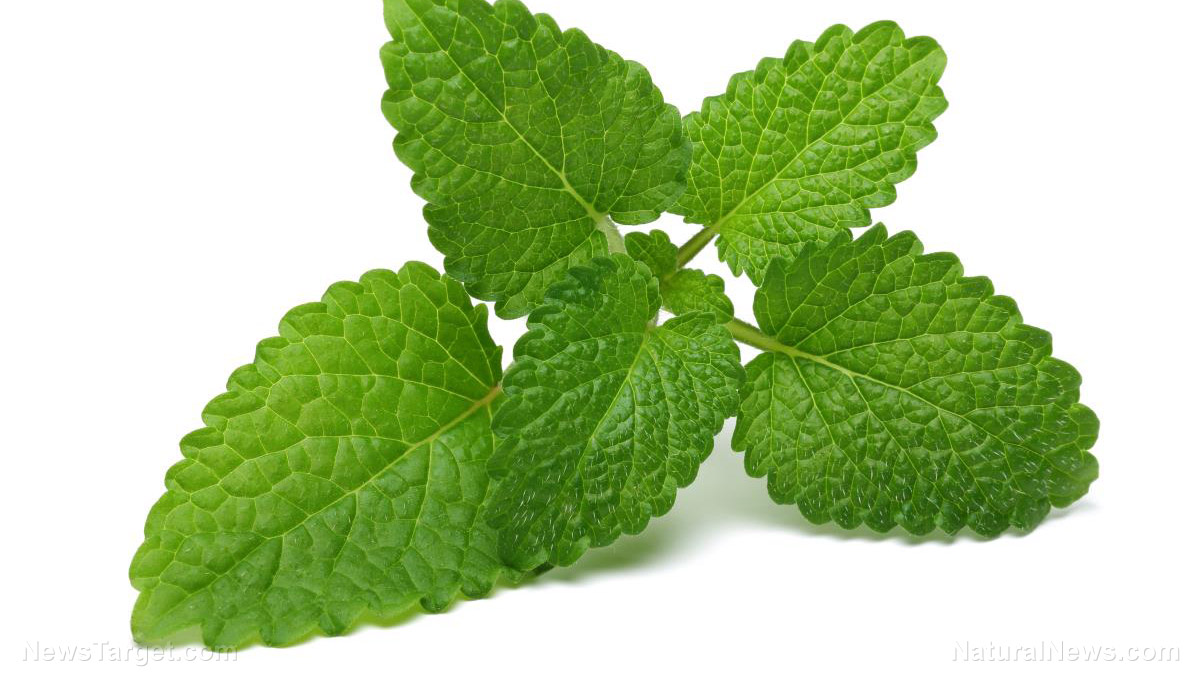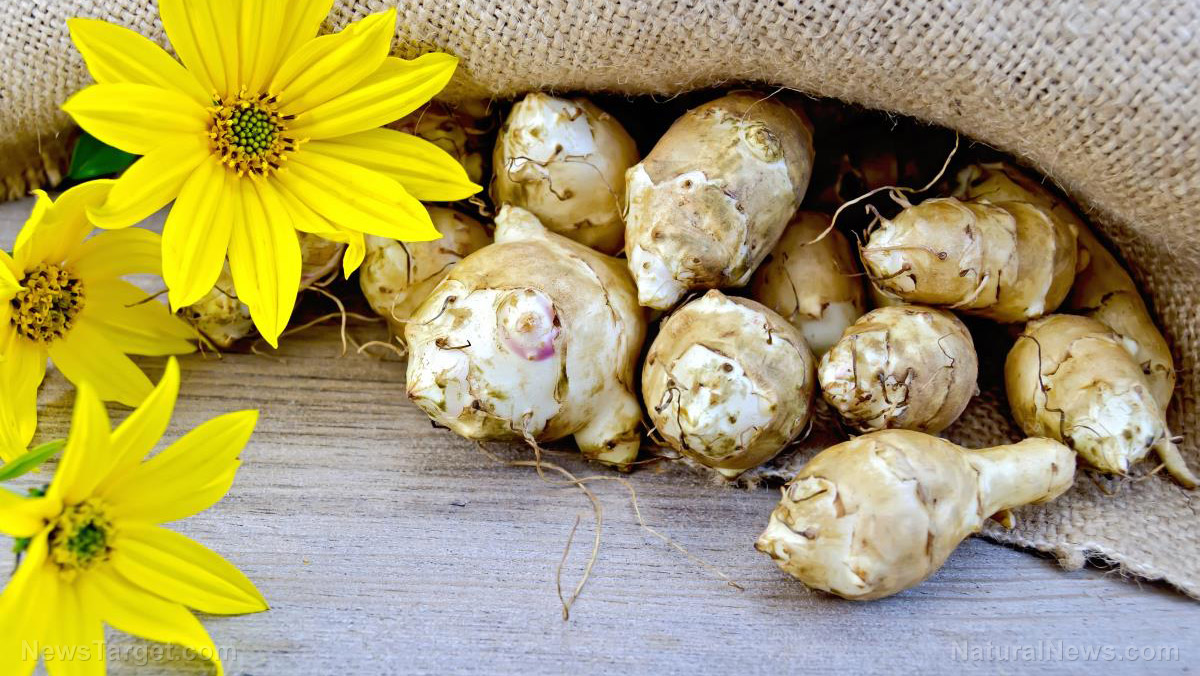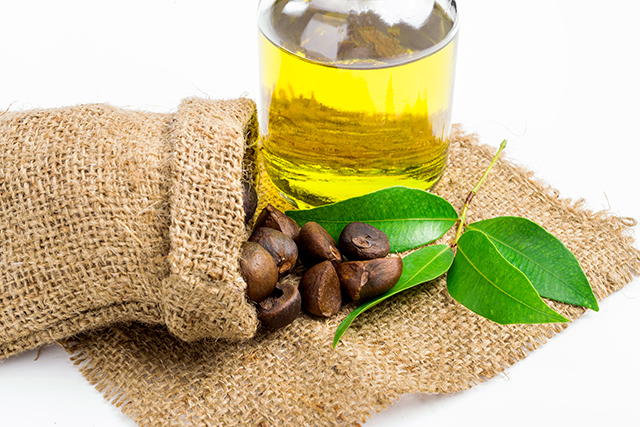Powerful naturopathic solutions for diabetes
08/14/2018 / By Michelle Simmons

Diabetes is increasingly becoming rampant today. This is especially seen in the U.S. where more than 30 million people currently have the disease, and more than 1.7 million new cases diagnosed every year, according to the Centers for Disease Control and Prevention (CDC). Moreover, 84 million people aged 20 and older have prediabetes. If you are one of these people who have diabetes or prediabetes, the best way to treat your condition is through natural therapies.
Type 2 diabetes, which is the most common type of diabetes, is triggered mainly by excess weight, physical inactivity, and a diet rich in sugar. This should be treated naturopathically, which can lead to a reduced use of prescription drugs, according to Dr. Mona Morstein, an expert on alternative therapies for diabetes. In an article published on the website NaturalHealth365.com, Morstein shared how naturopathy can be beneficial to diabetics.
Morstein suggested that instead of the diet recommended by the American Diabetes Association, which is “too high carbs,” a very low-carb, grain-free diet is more favorable in managing diabetes.
In addition to a proper diet, Morstein emphasized the importance of exercise, especially anaerobic exercises like resistance training. She advised that this type of exercise uses 19 times more glucose than walking or running on a treadmill. Furthermore, she added that exercise is four times more effective than statin drugs when it comes to reducing the risk of heart disease for people with diabetes. (Related: All it takes is 14 days: Two weeks’ worth of exercise significantly improves beta cell function and reduces pancreatic fat in adults with Type 2 diabetes.)
Morstein also recommended the regular intake of supplements that include vitamins, fish oils, antioxidants, and certain herbs, which are excellent at lowering blood sugar and controlling the appetite.
Herbal medicine for diabetes
One of the herbal plants that are an effective remedy for diabetes is Gymnema sylvestre (called Gurmar in Ayurvedic medicine). Extracts from the plant’s leaves have been proven to be effective in managing diabetes. In Ayurvedic medicine, the herb is referred to as the “destroyer of sugar.”
G. sylvestre decreases both blood sugar and hemoglobin A1c, at the same reducing cravings for carbohydrates. Research also shows that it causes the regeneration of beta cells, which are pancreatic cells that make insulin.
In another study, people with Type 2 diabetes who were taking oral medication were also given 400 milligrams (mg) of G. sylvestre extract per day. Results revealed that the herb significantly reduce blood sugar, hemoglobin A1c, and glycosolated plasma protein levels. After the 18-month study period, many patients were able to decrease the dosages of their prescription diabetes medicines, while some were able to maintain normal blood sugar levels with the herb alone. A different study, which lasted for a year, the supplementation of 400 mg of G. sylvestre extract per day lowered blood sugar levels and insulin requirements in Type 1 diabetes patients.
Other herbal supplements for diabetes
In addition to G. sylvestre, there are other natural supplements that have shown promise as diabetes treatments. Here are some of them:
- Cinnamon – In Chinese medicine, cinnamon has been used for its medicinal benefits for hundreds of years. Many studies have looked at its effect on blood glucose levels. In one study conducted in 2011, it has shown that cinnamon, in whole form or extract, helps reduce fasting blood sugar levels. Thus, cinnamon is a promising treatment for diabetes.
- Green tea – Green tea contains the antioxidants called polyphenols. Epigallocatechin gallate (EGCG), the main antioxidant in green tea, have been found to have many health benefits. These include preventing Type 2 diabetes, improving glucose control, enhancing insulin activity, and even reducing cardiovascular disease risk.
Read more news stories and studies on natural treatments for diabetes by going to DiabetesScienceNews.com.
Sources include:
Tagged Under: alternative medicine, diabetes, Diabetes treatment, exercise, fitness, herbal cures, herbal medicine, Herbs, natural cures, natural healing, natural medicine, physical activity, Prediabetes, prevention, remedies, supplements, Type 2 Diabetes

